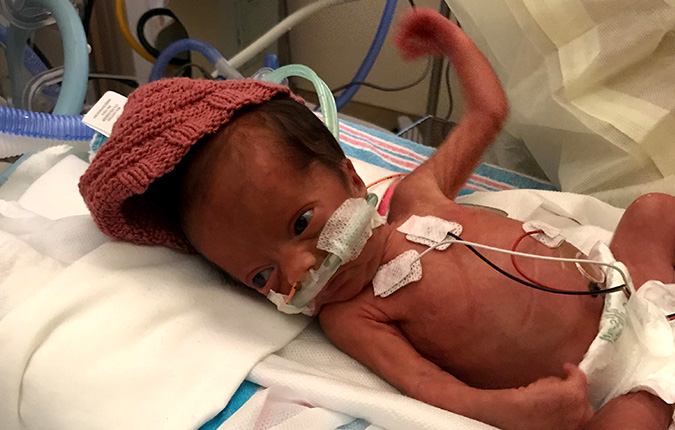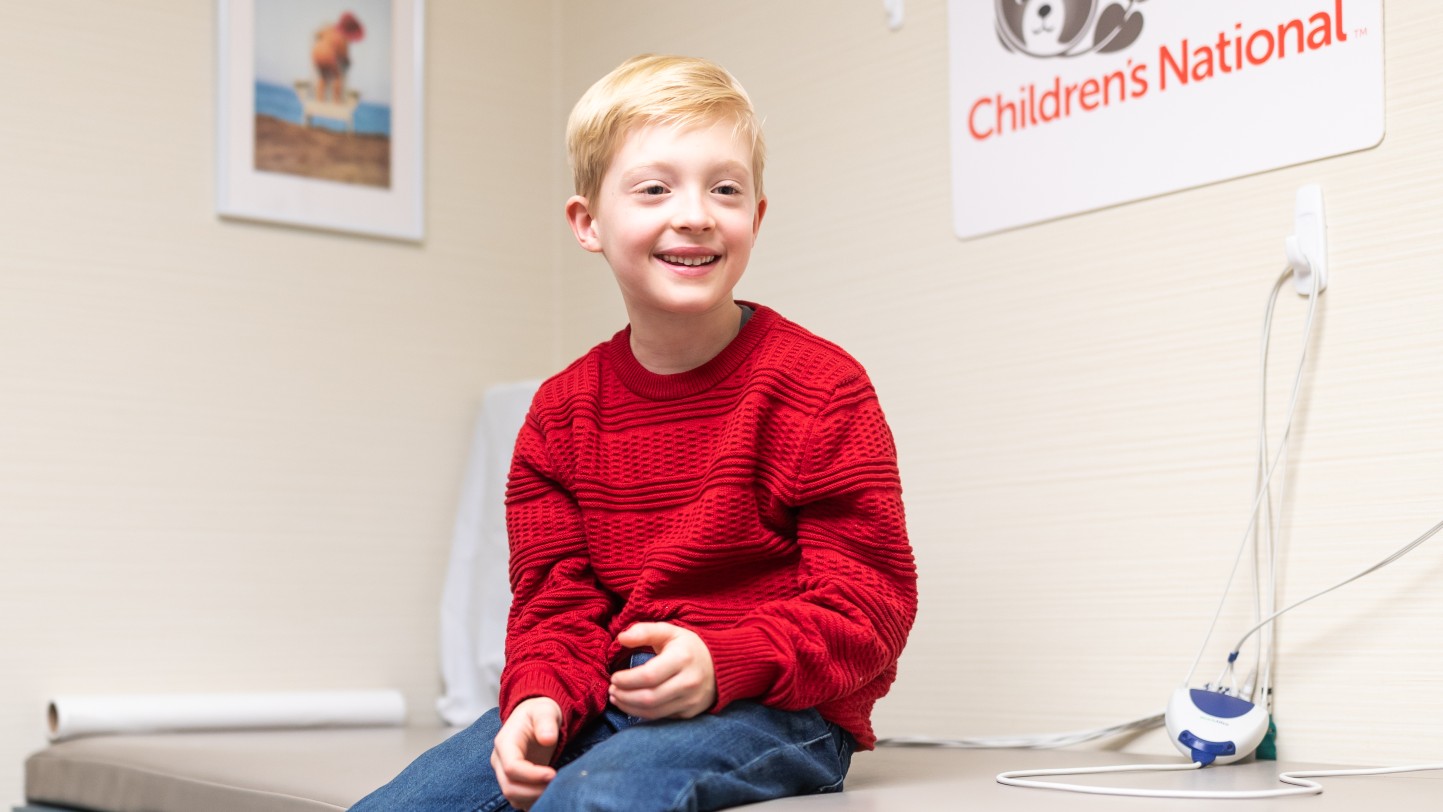Condition
Pediatric Syncope
Key Points About Syncope in Children
- Syncope is a brief loss of consciousness and muscle tone. It’s caused when the brain doesn’t get enough blood.
- It's usually harmless, but in a small number of children, it's caused by a heart problem.
- Syncope is usually diagnosed with a health history and physical exam, including checking blood pressure and heart rate.
- If there is no serious cause, syncope is managed by finding the cause and learning ways to prevent it.
Frequently Asked Questions
What is syncope in children?
What causes syncope in a child?
What are the symptoms of syncope in a child?
How is syncope diagnosed in a child?
How is syncope treated in a child?
What are possible complications of syncope in a child?
What can I do to prevent my child from passing out?
When should I call my child's healthcare provider?

Electrophysiology Treatment at Children's National Hospital
Our pediatric electrophysiology experts have dedicated their careers to diagnosing, treating and managing arrhythmias and syncope (unexplained fainting) in children. Discover more about the treatment we offer.

Providers Who Treat Syncope
 Aasha's Rare Gift Will Help Other Babies Grow up Healthy
Aasha's Rare Gift Will Help Other Babies Grow up HealthyTesting the descrption field
Departments that Treat Syncope

Cardiology
The pediatric heart experts at Children’s National Hospital in Washington, D.C., provide advanced care for unborn babies, children and young adults with heart conditions.








